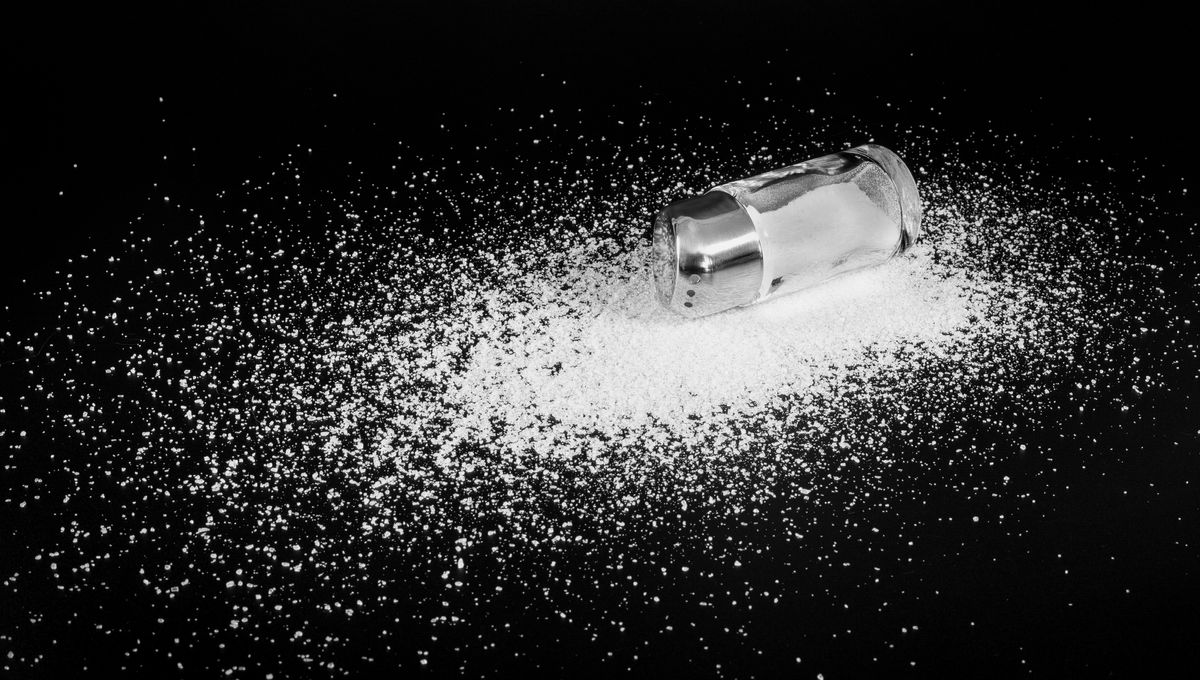
We’re eating too much sodium. That’s the message from the World Health Organization (WHO), which recently published new guidelines on the use of lower-sodium salt substitutes.
ADVERTISEMENT GO AD FREE
According to the guidance, announced in January 2025, 1.9 million deaths every year are attributable to a high sodium intake. Despite public information campaigns and other efforts from WHO member states, it was estimated in 2019 that the mean global sodium intake per day was 4.3 grams, more than double the WHO’s 2-gram recommendation.
To try and push the world further towards this goal, the WHO is now suggesting that people switch their household salt for a low-sodium alternative.
What does sodium do to the body?
Sodium is an essential mineral – but, as with everything, it’s possible to have too much. The main concerns with a high-sodium diet center around heart disease and blood pressure.
According to The Nutrition Source from the Harvard T.H. Chan School of Public Health, excess sodium in the blood puts the kidneys under strain. The body accumulates more water to help dilute the sodium, meaning that blood volume – and therefore pressure – increases. That means the heart also has to work harder to keep it pumping around. Over time, this can damage blood vessels and potentially contribute to heart attacks, stroke, and heart failure.
There’s also a risk of chronic kidney disease, plus osteoporosis due to calcium being lost in urination, and the World Cancer Research Fund has identified a link between certain high-salt foods, such as salt-preserved meats, and stomach cancer.
ADVERTISEMENT GO AD FREE
It’s not just about the salt we add to our food either; lots of common foods are high in sodium, so your intake can easily tick up without you really noticing.
Is low-sodium salt a simple switch?
The idea of limiting your salt intake might have you lamenting the apparently flavorless life you’re about to embark upon. Indeed, it has historically been tricky to get people on board with making a change in this area.
“The difficulty is that eating less salt means accepting a less salty taste,” explain Xiaoyue (Luna) Xu from UNSW Sydney and Bruce Neal from the George Institute for Global Health, in a piece for The Conversation. “It also requires changes to established ways of preparing food. This has proved too much to ask of people making food at home, and too much for the food industry.”
An alternative that allows people to capture all of that lovely flavor without as much sodium is to use potassium-enriched salt, in which some of the usual sodium chloride has been replaced with potassium chloride.
ADVERTISEMENT GO AD FREE
Potassium is another mineral that we all need, but the difference is that most people are not consuming enough of it. Swapping to potassium-enriched salt might therefore be seen as a win-win.
There could be a small risk of excessive potassium consumption for some people if they switch to this type of salt – for example, people with kidney issues could be at risk of hyperkalemia, which comes with its own set of problems. Anyone who might be in this category should talk with their doctor before adding more potassium to their diet.
But this is why the WHO’s new guidance is helpful. It’s the first time there have been global guidelines for the use of salt substitutes.
What can I do to reduce my sodium intake?
The WHO has a number of helpful strategies that individuals can use, and will also be monitoring progress on sodium reduction at a national level across member states.
ADVERTISEMENT GO AD FREE
These strategies include:
- Avoiding highly processed food as much as possible
- Removing salt containers from the dinner table
- Using less salt when cooking, using herbs and spices instead
- Switching to potassium-enriched salt
- Choosing products labeled as low in sodium
And while we’re on the topic of salt – did you know that using iodized salt is also recommended?
Source Link: The WHO Has New Advice About Salt